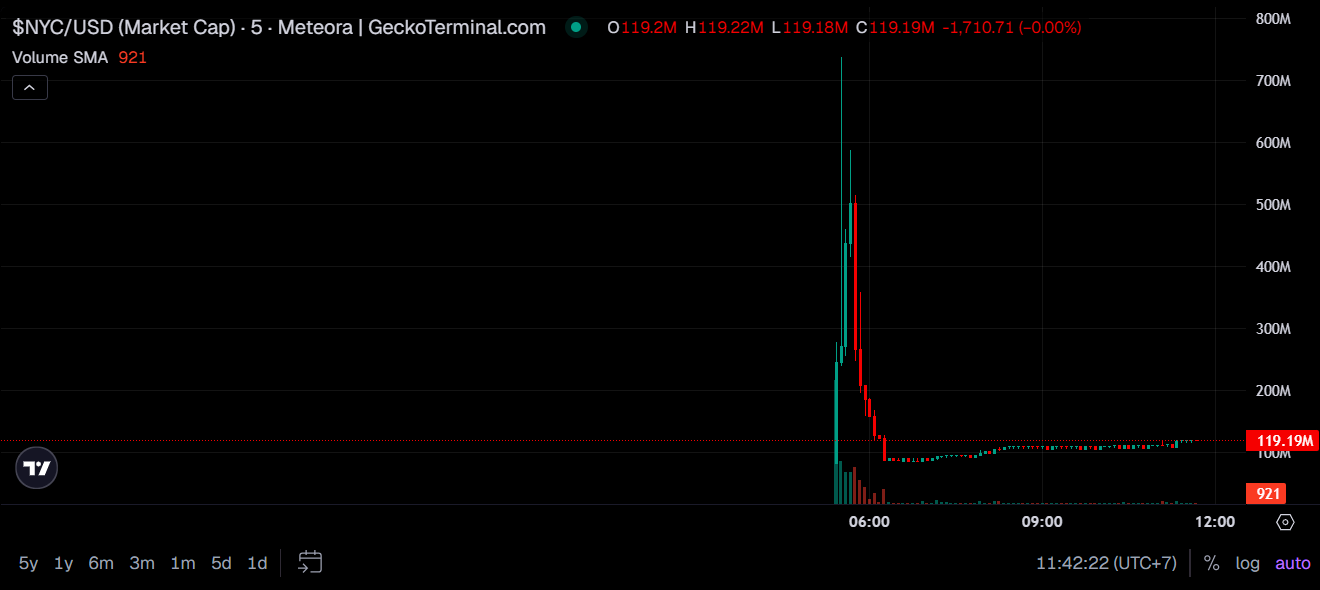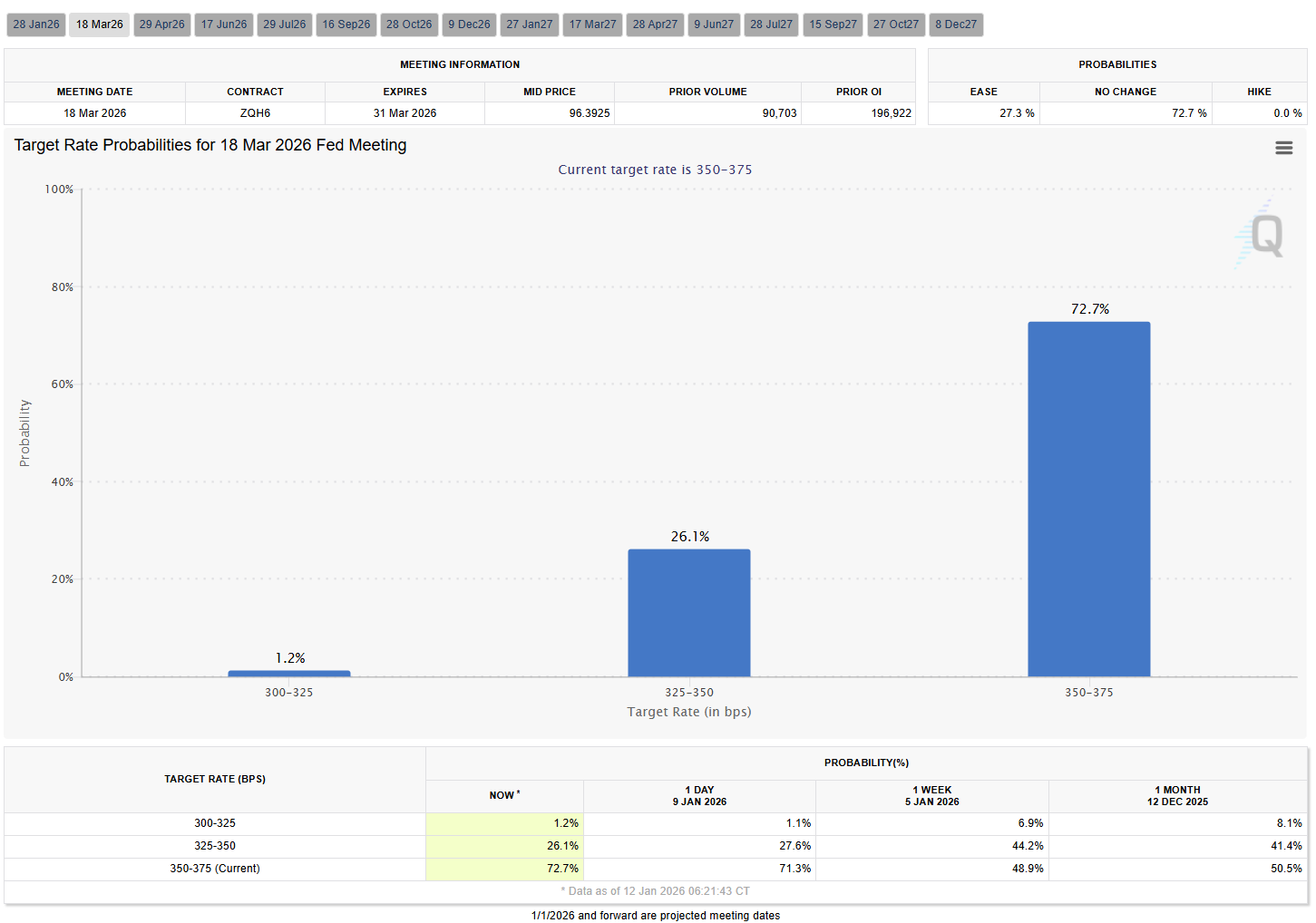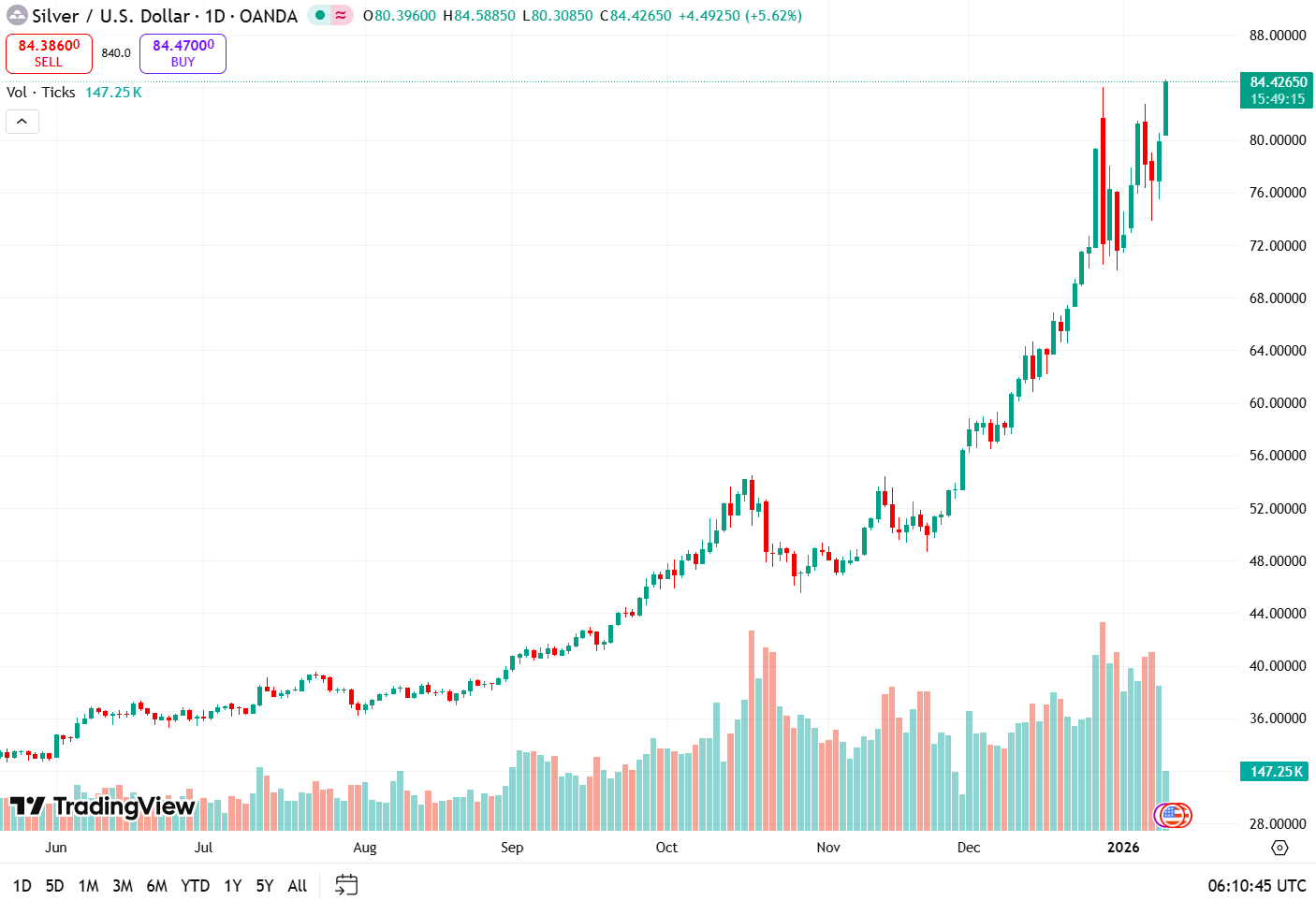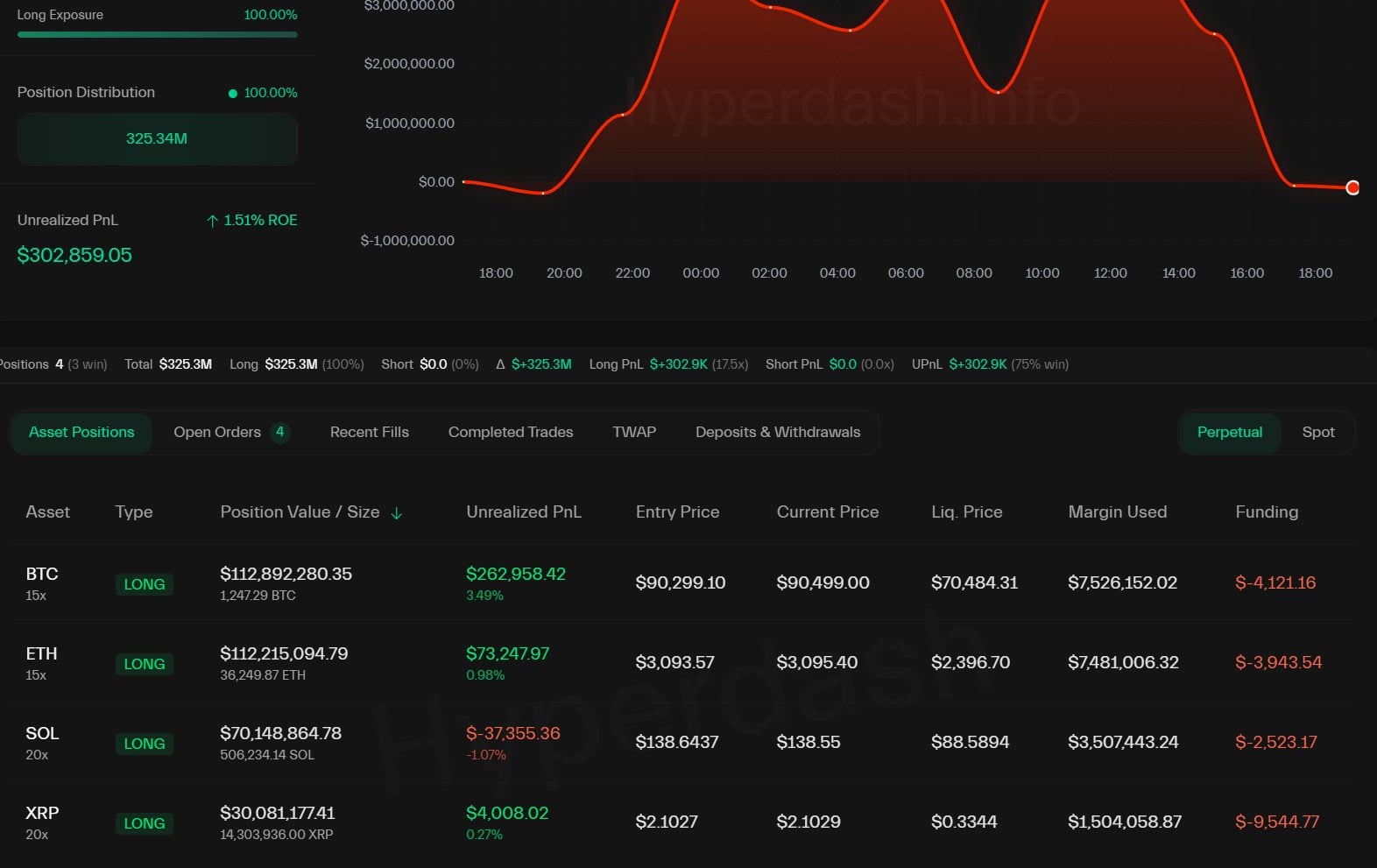Key Takeaways
- AlphaTON Capital announced a $46 million deal to acquire 576 NVIDIA B300 GPUs, marking its largest AI infrastructure deployment to date.
- ATON stock surged 107% by midday Tuesday following the announcement, driven by investor interest in its privacy-first AI compute strategy linked to Telegram’s TON network.
Share this article
AlphaTON Capital, a digital asset treasury company focused on Telegram’s TON network, announced a $46 million deal to acquire 576 NVIDIA B300 GPUs, its largest AI compute deployment to date. The stock surged 107% midday Tuesday following the news.
The half-cluster is set for delivery in February and will be hosted at a 100% hydro-powered facility in Sweden. The company projects the deployment will generate a 27% IRR and 282% ROI, with revenue expected to begin in March.
AlphaTON’s infrastructure powers privacy-preserving AI for Telegram’s Cocoon AI network, offering a decentralized alternative to major tech platforms. The project is funded through a combination of balance sheet cash, non-recourse debt, and staged equity.
CEO Brittany Kaiser said the company is building toward a $7 trillion AI market, addressing demand for sovereign, confidential compute.











